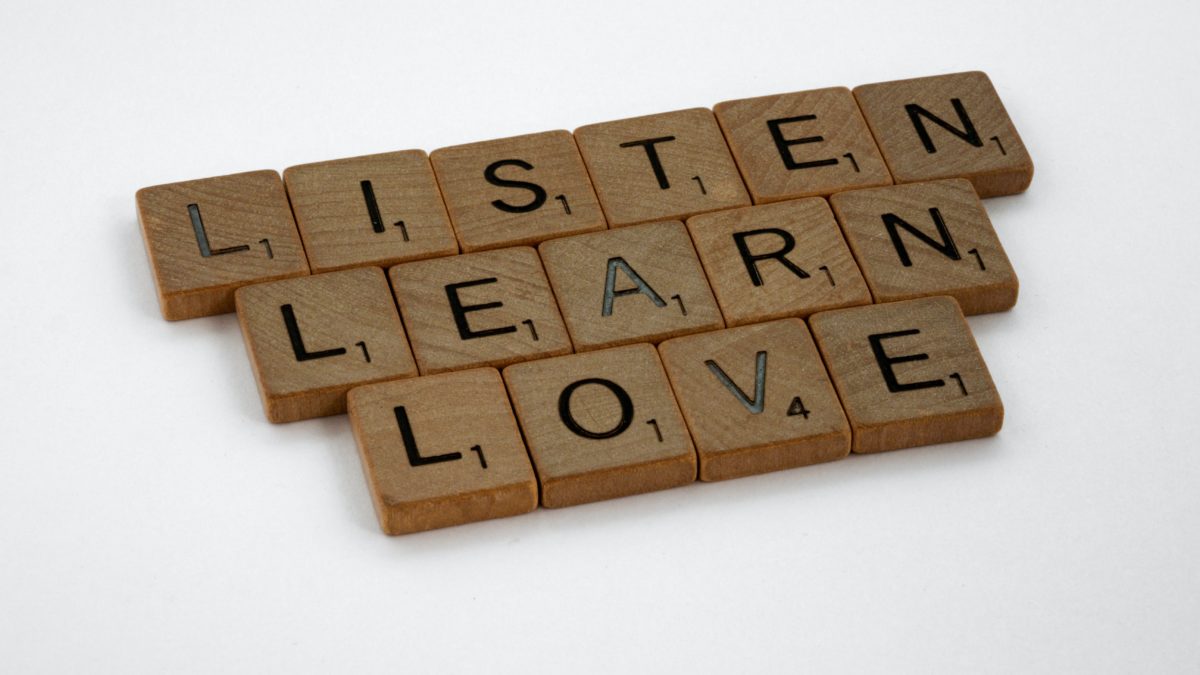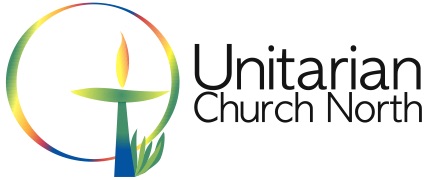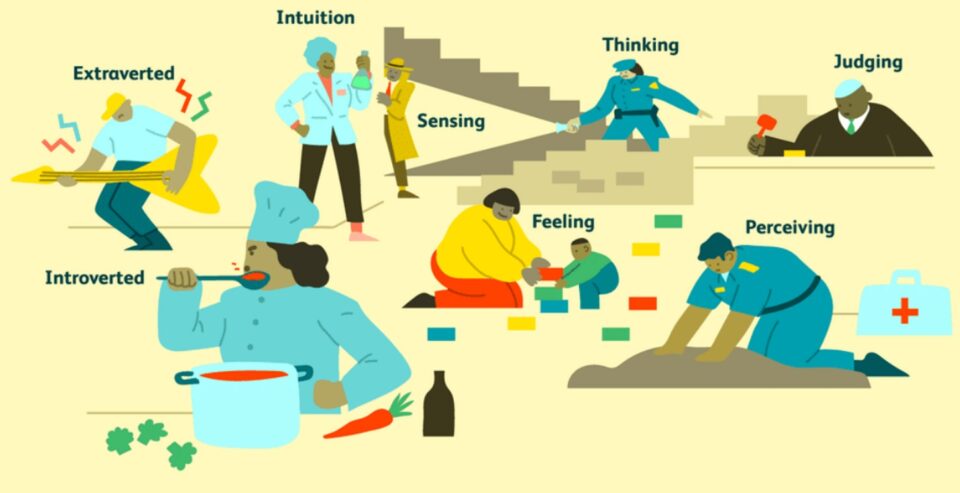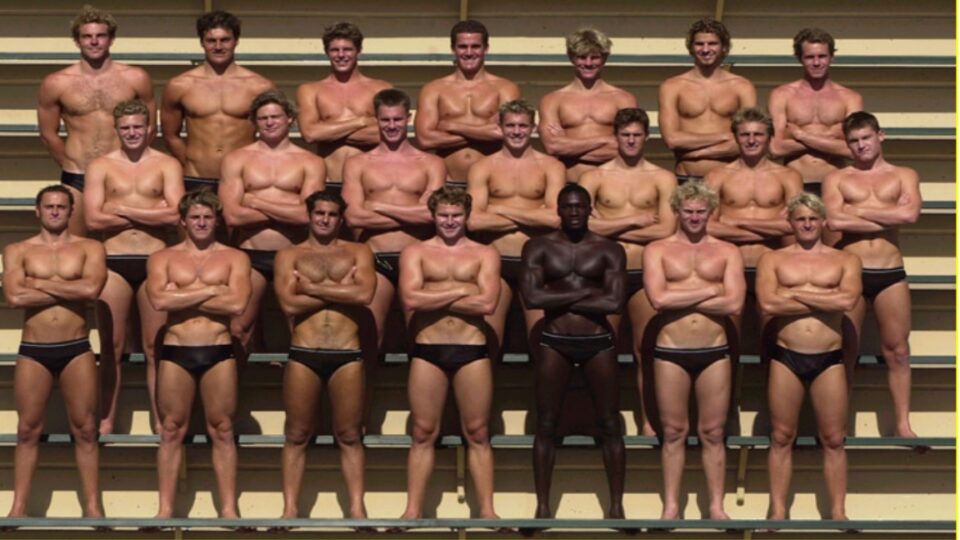Words and Deeds of Prophetic People

"Words and Deeds of Prophetic People"
Delivered by Rev. Tony Larsen at UCN
July 19, 2020
Today's sermon is the second in my series on the six sources of our UU tradition:
Words and deeds of prophetic people,
which challenge us to confront powers and structures of evil
with justice, compassion, and the transforming power of love."
Quite a mouthful!
Now, this second source of our UU faith is rather different from most of the others. Most of our other sources refer to religious traditions like:
Jewish and Christian teachings,
Earth-centered teachings,
Wisdom from the world's religions.
Even the fifth one, Humanism (which some wouldn't consider religious) is still a specific tradition.
But our second UU source simply says "Words and deeds of prophetic people"--without spelling out who any of them are, and without reference to any particular tradition they may have belonged to.
This was deliberate, I think. These other sources mention specific strands in our tradition, but there needed to be an open-ended one too because each of us is different; and although there are probably some prophetic voices that a lot of us would agree on, there are others that might be on your list but not mine--or on mine but not yours. This second source is a reminder of our pluralism. It is saying, in effect: Yes, we are all moved by words and deeds or prophetic people, but not always by the same words or the same deeds--or even the same people. Jesus and Buddha, for example, are very important teachers in my spiritual journey--but your prophets might be Socrates or Micah, or perhaps Enheduanna or Sappho or Sojourner Truth. And this is a good thing--it makes us all a little more interesting.
But back to the wording of our second source. It is today phrased as "words and deeds of prophetic people." But originally it was phrased as "words and deeds of prophetic women and men." It could have been phrased as "words and deeds of men and women." That would have been more familiar and a little "smoother" (i.e., iambic pentameter--accenting MEN and WO-men instead of WO-men and MEN.) Or, if they didn't want to have men listed before women, they could have just said what we have now: words and deeds of prophetic people. But they didn't. They chose their words--and their word order--carefully. They wanted it to stand out--they wanted it to be a little jarring, because they were aware that most religions emphasize the men of their tradition; women are usually mentioned only in relation to the men they serve. The authors wanted to say, in effect: "OK. So far, most of the so-called prophets and leaders in religion have been men, and some of them very good men. But we're putting you on notice, right now, that women (not just women, but we're going to start with women here) have said and done things that have also inspired, and do inspire, and will inspire."
Now, at this point you may be thinking, "Well, why did they change 'women and men' to 'people'?" Well, this happened a few years ago, and it was actually in response to the growing number of people today who don't identify as just male or female. They may even refer to their gender as non-binary--and rather than being referred to as "he" or "she," or "him" and "her," they may prefer the pronouns "they" and "them." So they feel that a phrase like "prophetic women and men" doesn't really include them.
I mention this because it's an example of how our UU purposes and principles have been modified over the years, and you can see some of the issues UUs have dealt with over the years just by looking at our language changes. If the UUA covenant had been written before 1970, it would probably have been phrased as "words and deeds of prophetic men and women"--that would have seemed inclusive enough. But when it was composed in the early 1980's, they reversed the usual word order from "men and women" to "women and men," because they were aware of women being mostly sidelined in history. And then, of course, a couple years ago we substituted the word "people," to recognize trans and non-binary folks who were being inadvertently excluded.
Another thing that I find very interesting is that very intriguing phrase (after "words and deeds of prophetic people which challenge us to confront"): powers and structures of evil. Packed in that phraseology is some interesting stuff. First thing you notice is the word "evil," which appears here for the first time in our UU covenant. (Actually, it's the only time--the closest our covenant comes to something like it again is in the fifth source, which "warn(s) us against idolatries of the mind and spirit." But even "idolatries" isn't all that negative a word, and seems in any case rather tepid next to "evil.")
(I'm reminded of the "Dilbert" comic strip by Scott Adams. In his first year of syndication he wanted to introduce Satan as a regular character in his strip. But his editor at United Media said it might make him look like a Satan worshiper. So instead of "Satan, Ruler of Hell, Prince of Darkness," he created a rather tepid imitation: "Phil, Ruler of Heck, Prince of Insufficient Light.")
At any rate, evil makes its debut in our second UU source, and then is pretty much never heard from again. This is important for a number of reasons. One is that our previous purposes and principles (the ones from the merger of Unitarians and Universalists in 1961) never mentioned evil at all. They were all positive statements like:
"support the free and disciplined search for truth,"
"cherish and spread universal truths,"
"affirm the supreme worth and dignity of every human personality,"
"implement the vision of one world," etc.
No evil there!
You see, rather than telling people what not to do, religious liberals have generally preferred to say what they should and could do. Rather than saying we are born in sin (and therefore need to be saved from our fallen nature), we've generally preferred to say we're born innocent, and if we understand our true nature, we'll just keep getting better. In fact, many religious liberals (not just in the past but some even today) would say there's really no such thing as evil: There may be an absence of good sometimes, but evil doesn't have its own essential being. And when people do bad things (these folks say), they are really doing what they think are good things--they're just ignorant. (Or, as philosophers would put it: Evil doesn't have any "ontological reality.")
Whether you agree with this position or not, you can see how it might affect conversations about religion and ethics. And you can find it reflected in Unitarian faith statements over a hundred years ago. Back in 1899 the Rev. James Freeman Clarke described the five points of Unitarianism as belief in:
1. The Fatherhood of God
2. The Brotherhood of Man
3. The Leadership of Jesus
4. Salvation by Character and
5. The Progress of Mankind, onward and upward forever.
The fifth point is a very optimistic statement about human nature. The only problem was: After World War I, and then World War II, this exalted view began to seem a little naive. Also it seemed to some that trying to be positive all the time...could end up ignoring glaring problems--like racism and sexism. This is why our denomination's materials on race matters today refer to anti-racism and anti-oppression training. Some UUs wanted to use more positive language--like "diversity," and "multi-racial," and "multi-cultural." "Don't focus on what we want to get rid of," they said, "but on what we want to create." But veterans in the civil-rights struggle said, "No. Those words are important and good, but you've got to name your oppression. You'll never get rid of it by acting as if it doesn't exist. Racism is real, oppression is real, evil is real!"
This is largely why "evil" showed up in our purposes and principles, I think. Feminists said, "We've got to name our demons, point out sexism wherever we find it." Survivors of sexual abuse said, "We're not going to be silent about our abuse any longer--we're going to 'out' the perpetrators." Civil-rights activists said, "It's not enough to be for equal rights, or to say 'Let's treat everyone the same.' No, we've got to call out racism wherever we see it, and admit that that we all have racist tendencies, whether we're always conscious of them or not."
So there you have it, right there in our purposes and principles: a fairly firm (though rare) statement about the existence of evil! You will note, however, that the emphasis in this statement is on structural evil rather than personal or individual evil. You see, conservative churches tend to accentuate individual sins, and the need for personal regeneration. It's "me and Jesus" all the way. Liberal churches, while not ignoring individual evil, tend to emphasize group "sins" and systematic evil. Yes, we admit there's evil, but we're more comfortable calling it a structure of power, rather than simply a personal failing.
Now, has this new emphasis on evil been good for us as a denomination? In retrospect I think we can say there have been pluses and minuses. Because of our willingness to "confront powers and structures of evil," there's perhaps more anger in our conversations than there used to be, and we sometimes generate more heat than light. On the other hand, a number of issues are now more honestly discussed than they might have been when we were content with slogans like "Onward and Upward Forever."
So.... I'm all for evil. (I mean for evil being mentioned in our purposes and principles, of course!)
To recap a little:
This source is open-ended
Our second UU source--"words and deeds of prophetic people which challenge us to confront powers and structures of evil, with justice, compassion, and the transforming power of love"--is different from most of our other UU sources in that it's open-ended and pluralistic. Basically, it says that your prophets can be different from my prophets, but that's OK, because they're all included.
This source shows our history and evolution
Our second UU source also reveals some of our history. UUs put a feminist emphasis in this second source--by placing the word "women" before "men"--and then they transcended that by using the more inclusive "people" to include trans and non-binary folks. So, from prophetic men...to prophetic men and women...to prophetic women and men...to prophetic people. All of which shows we are willing to evolve. (Or, as one of our Universalist forebears, Clarence Skinner, observed: "Universalists are often asked to say where we stand. The only true answer to give to that question is that we do not stand at all--we move.")
This source highlights evil
The other thing we looked at was evil--our second source specifically mentions evil (which earlier Unitarian and Universalist statements generally did not). And not only that, but it mentions structural evil, systemic evil, rather than focusing only on individual sins or personal changes of heart. This gives us a way to look at things like the Black Lives Matter movement, with the understanding that racism is not just about individual traits or conscious beliefs--but about powers and structures that keep it embedded in our culture despite our best personal intentions.
The last thing I want to say about our second UU source is that "prophetic people" are not limited to long ago or far away. There's a book I like called My Grandfather's Blessings, by Dr. Rachel Remen, a cancer doctor who has helped people see the blessings and the burdens that people often carry. She gives this example of a colleague of hers who had stayed in a bad marriage until someone said something to her that changed her life.
"An educator who is now happily married once shared with me a single incident that freed her to change her life. She had been living for several years with a charming, highly educated man who was physically and psychologically abusive to her. He was deeply respected in the community, and to the outer world theirs was a perfect marriage. But their private life was something far different. Over and over he told her that she had provoked him and had brought the abuse on herself by her stupidity and her other shortcomings. She would try even harder, but no matter how hard she tried she was never good enough. Over the years she had become so diminished and uncertain of what was real that she had come to believe him.
"All this changed one day on a street corner in New York City. As Elaine and her husband were standing at a crosswalk waiting for the light to change, she had looked across the street and noticed a building with exceptionally beautiful pre-war architecture. She had called his attention to it. 'Look, Melvin,' she had said. 'Isn't that building beautiful?' Thinking they were alone, he had responded to her in the tone of absolute contempt that he reserved for their private conversations. 'You mean the one over there that looks exactly like every other building on the street?' he sneered.
"She had flushed with shame and fallen silent. And then a woman standing next to them, a complete stranger who was also waiting for the light to change, turned and fixed him with a glare. 'She's absolutely right, you know,' she said with a strong New York accent. 'That building is beautiful. And you, sir, are a horse's ass.' When the light turned green, this woman crossed the street and walked away.
"It was the defining moment in the relationship, my colleague told me. Suddenly all was crystal clear. She knew then that she would find the strength to leave him. It would take some time but she knew she could do it." (pp 195-6)
Admittedly, those words and that deed will not go down in the annals of prophetic human history. But that's why I read it to you. Each of us has stories like it--stories of people (friends or strangers) who said something, or did something, that might not have meant anything to anyone else (or even be known by anyone else) but that transformed our lives in some way. Or maybe it wasn't a particular thing they said or did, but a general way they spoke and acted--we all have these words and deeds of prophetic people in our lives. And, if we're lucky, we turn out to be the prophetic people in other people's lives.
Now, I will admit: If you were talking to someone who had never heard anything about our religion and you told them it was based largely on the words and deeds of prophetic people--and then you gave personal examples from your own life--they might scratch their heads a little and go: "What's religious about that?" But when you think about it, aren't most of the world's religions based on words and deeds of prophetic people? Isn't Judaism based on the words and deeds of Abraham and Moses, for example? Christianity is based on the words and deeds of Jesus, Islam is based on Muhammad's words and deeds, Buddhism on the Buddha, Daoism on Lao-zi, Sikhism on the ten Gurus, Confucianism on Confucius. Even religions that have no known founder, like Hinduism and Jainism, still have particular human beings in their history whose words and deeds are formative (Rama and Krishna in the case of Hinduism, Mahavira with Jainism).
So the question, I think, isn't so much whether a religion is founded on the words and deeds of prophetic people (most of them, in fact, are). The question, rather, is how open the list is. We have a religion with a potentially very long list, a list that's open to the words and deeds of people all over the world--and not just in the past but in the present--and that looks forward to ones in the future. Which makes our religion either a very easy path or a very hard one. Because, with a list that's long and open-ended, it's very easy to not be committed to any one principle: The more prophets you have, the easier it is to say, "Well, this prophet says this, but that one says that, and God knows what a future prophet may say, so I'm keeping all my options open, you know?" On the other hand, being truly open to hearing more than one point of view, and being willing to learn from--and even perhaps be changed by--someone you had never regarded as a prophet before...can be the most challenging spiritual assignment you'll ever take on.
But so worth it, my fellow prophets!
May the Source be with you--this second source:
Words and deeds of prophetic people,
which challenge us to confront powers and structures of evil
with justice, compassion, and the transforming power of love.



